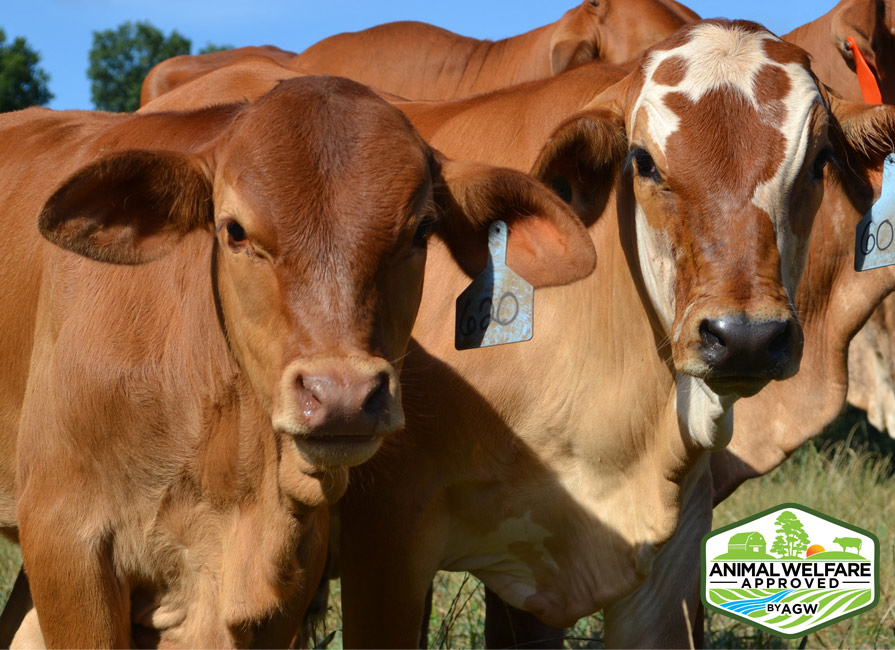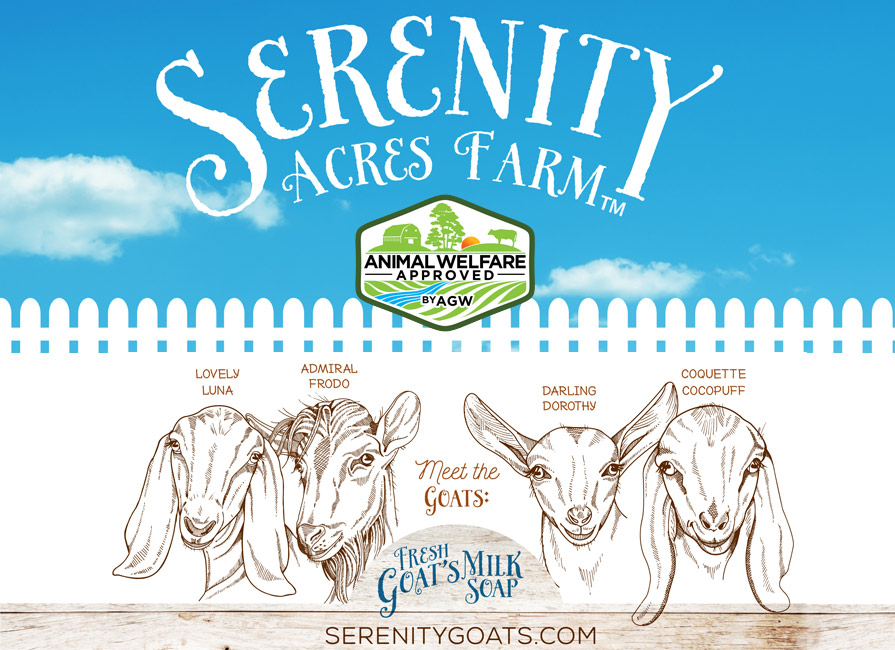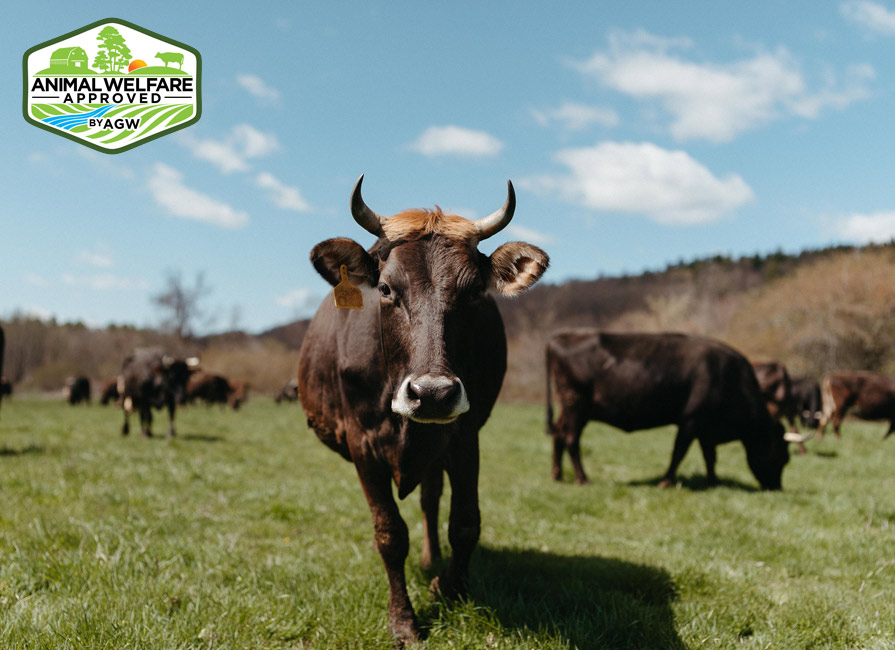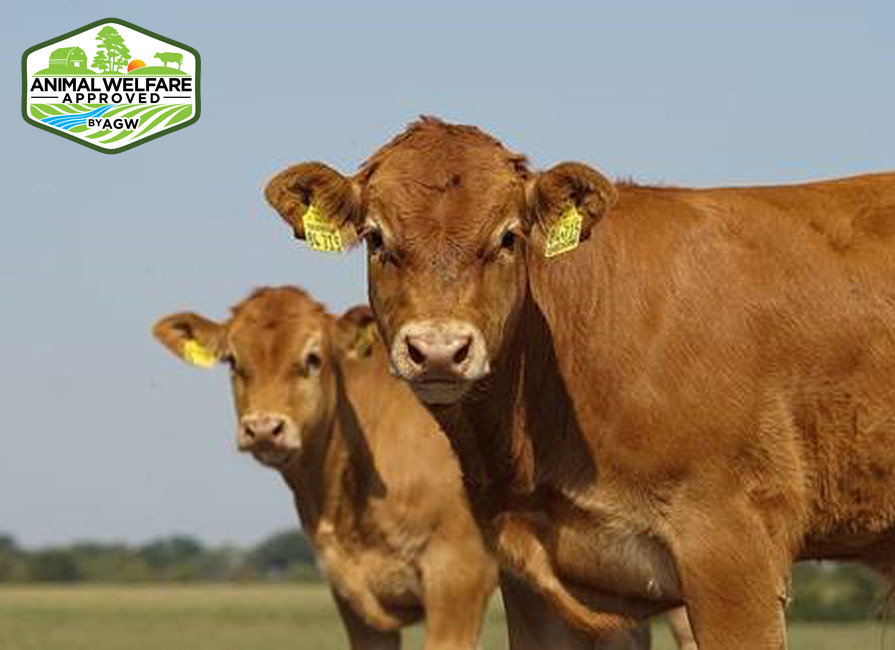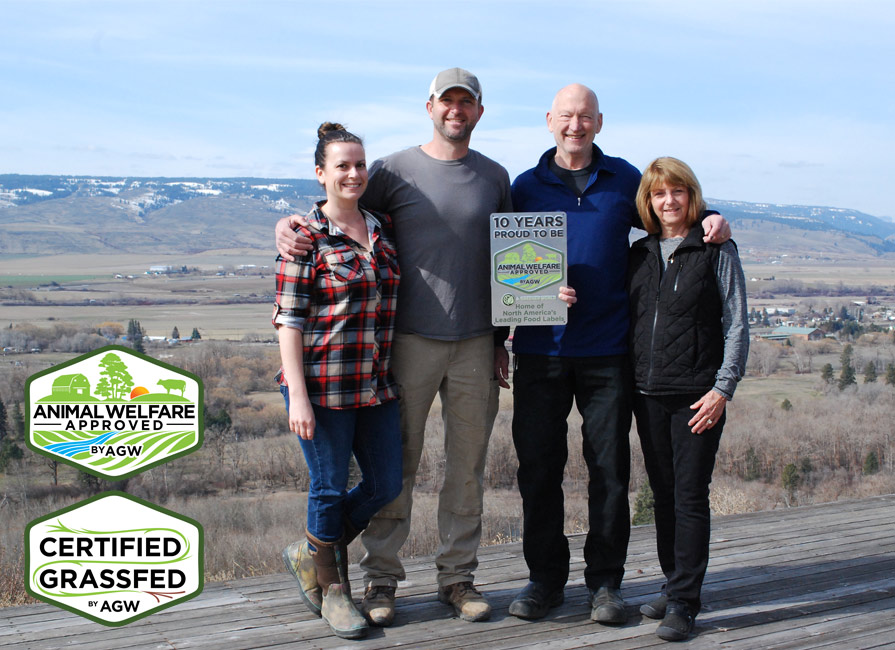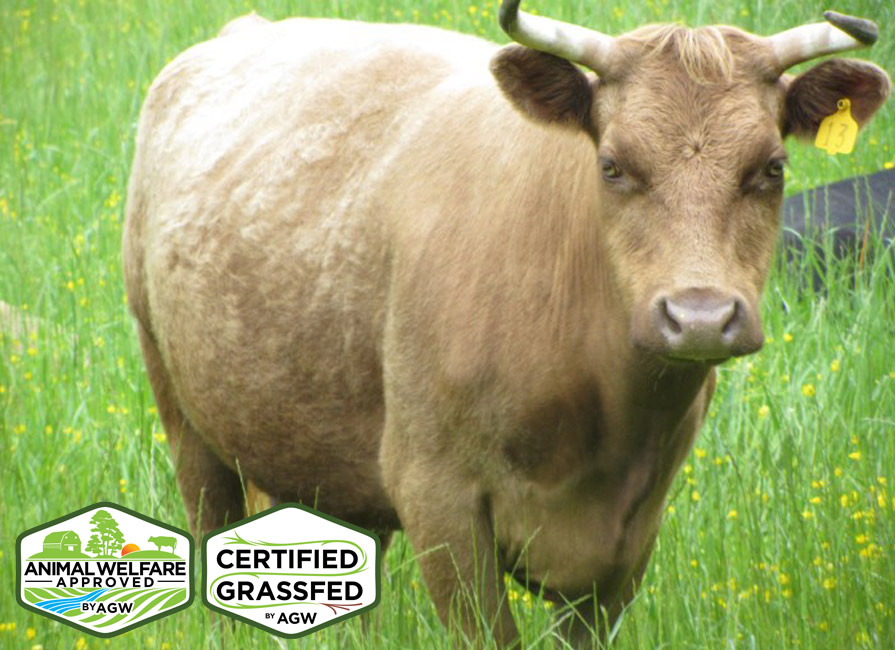Food Claims: Who can you trust?
National Trust – ‘What’s Your Beef?’ Report
The Conscientious Consumer’s Quandary
Wagon Wheel Ranch – Watkinsville, GA
Fred Liebl of Wagon Wheel Ranch has been farming since 1970. Although he wasn’t raised on a farm, his grandparents were farmers in New York state where he grew up and worked on a neighbor’s dairy farm. Fred’s work with…
Rocking Chair Ranch – Forsyth, GA
Joseph Egloff, a fourth-generation cattle farmer, raises Certified Animal Welfare Approved by A Greener World (AGW) beef cattle at Rocking Chair Ranch Cattle in Forsyth, GA, just north of the city of Macon. Rocking Chair Ranch Cattle started in 2014,…
Serenity Acres Farm – Pinetta, FL
Julia and Wayne Shewchuk have owned and operated Serenity Acres Farm in Pinetta, situated in the rolling terrain of north Florida, since 2008. One third of the farm’s 60 acres is still in southern hardwood forest and the rest is…
Hawthorne Valley Farm – Ghent, NY
Hawthorne Valley Farm was established in 1972 and is a diversified farm producing high quality, Biodynamic and sustainable foods while offering farm-based education opportunities for children and adults. The team at Hawthorne Valley Farm manages herds of Certified Animal Welfare…
Shelby Acres – Colquitt, GA
Robin Rau raises Certified Animal Welfare Approved by A Greener World (AGW) beef cattle and pigs at Shelby Acres in Colquitt, GA. A CEO of a local hospital by day, Robin started a farm many years ago with the sole…
Earth Week 2011: Start with Your Next Meal
Windy N Ranch – Ellensburg, WA
Owned and operated by the Newhall family (Bradley, Lisha, Greg and Laurie), Windy N Ranch in Ellensburg, Washington raises Certified Animal Welfare Approved by A Greener World (AGW) cattle, pigs, meat sheep, meat goats, and chickens for meat and eggs. With five separate…
South Chestnut Farm – Pittsboro, NC
Roger Harris started South Chestnut Farm in Chatham County, North Carolina, in the early 2000s on land that had been in his family for at least four generations. Inspired by stories of successful small farms from across the country, he…

